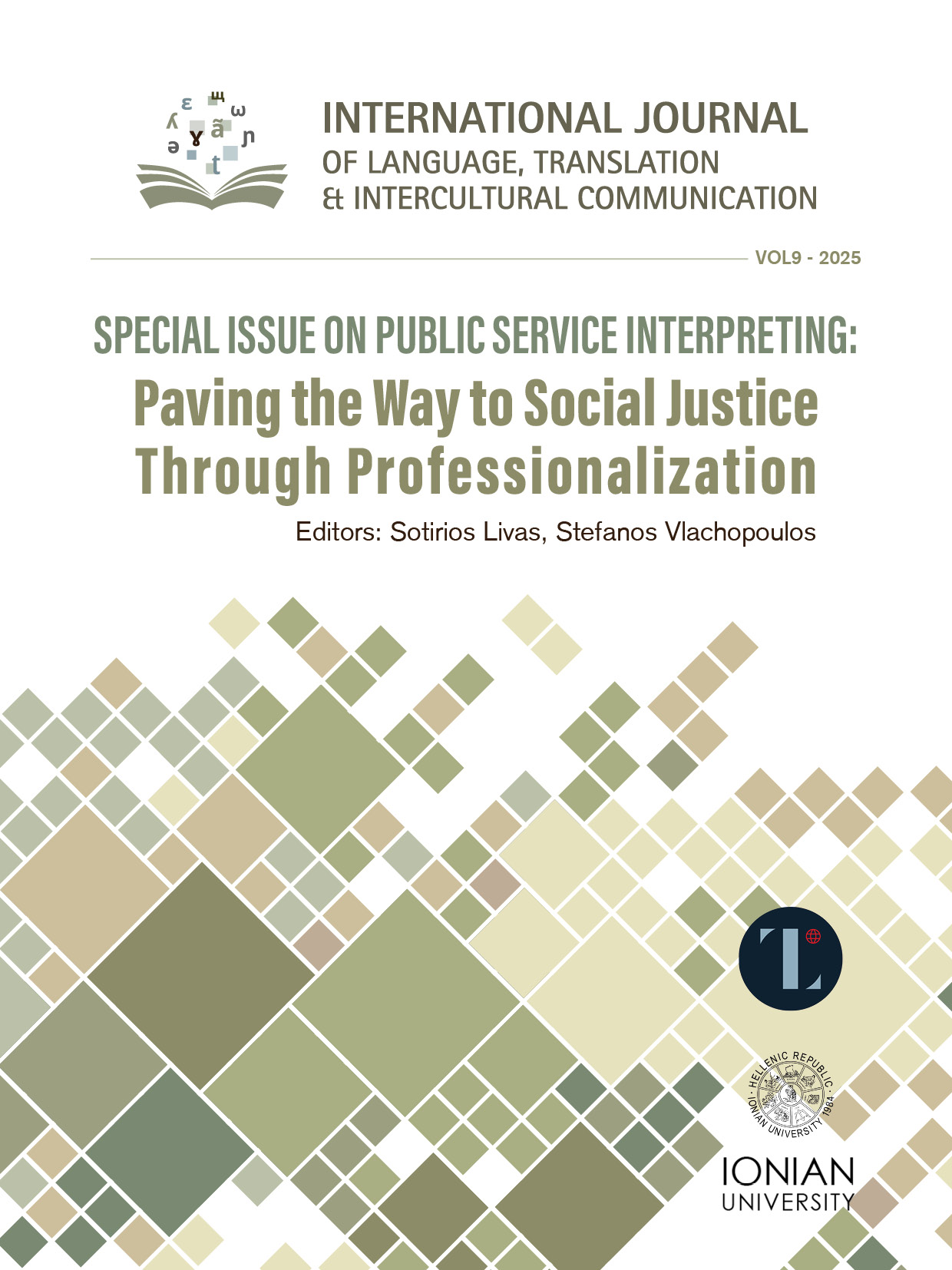Sight Translation in PSI Training Advice of Rights in Czech and English as a Case in Point

Abstract
Sight translation is a commonly used mode of interpreting in public service interpreting settings and exams, and therefore needs to be addressed in PSI training. In addition to the challenges related to the shift from the written to oral form, the documents so translated are often terminology heavy and the situational context may be emotionally challenging. This paper will take the case of advice or letter of rights, which is a document used e.g. in asylum proceedings or court or police contexts, to discuss ways to approach sight translation in interpreting classes. The paper will include a contrastive analysis of this genre in English and Czech from a variety of settings and intended for a variety of addressees, comparing the structure, terminology load and other discursive features. Further, it will present a didactic proposal to introduce students to such documents, raise their awareness of the issues involved and present strategies that may be used to tackle such issues to achieve the desired communicative effect. Although the paper is based on English and Czech texts, it may be adapted to other linguistic pairs and complement the existing teaching materials.
Article Details
- How to Cite
-
Klabal, O. (2025). Sight Translation in PSI Training: Advice of Rights in Czech and English as a Case in Point. International Journal of Language, Translation and Intercultural Communication, 9. https://doi.org/10.12681/ijltic.39068
- Section
- Articles

This work is licensed under a Creative Commons Attribution-NonCommercial-ShareAlike 4.0 International License.
Copyright Notice
Authors who publish with this journal agree to the following terms:
- Authors retain copyright and grant the journal right of first publication with the work simultaneously licensed under a Creative Commons Attribution License that allows others to share the work with an acknowledgement of the work's authorship and initial publication in this journal.
- Authors are able to enter into separate, additional contractual arrangements for the non-exclusive distribution of the journal's published version of the work (e.g., post it to an institutional repository or publish it in a book), with an acknowledgement of its initial publication in this journal.
- Authors are permitted and encouraged to post their work online (e.g., in institutional repositories or on their website) prior to and during the submission process, as it can lead to productive exchanges, as well as earlier and greater citation of published work (See The Effect of Open Access).


